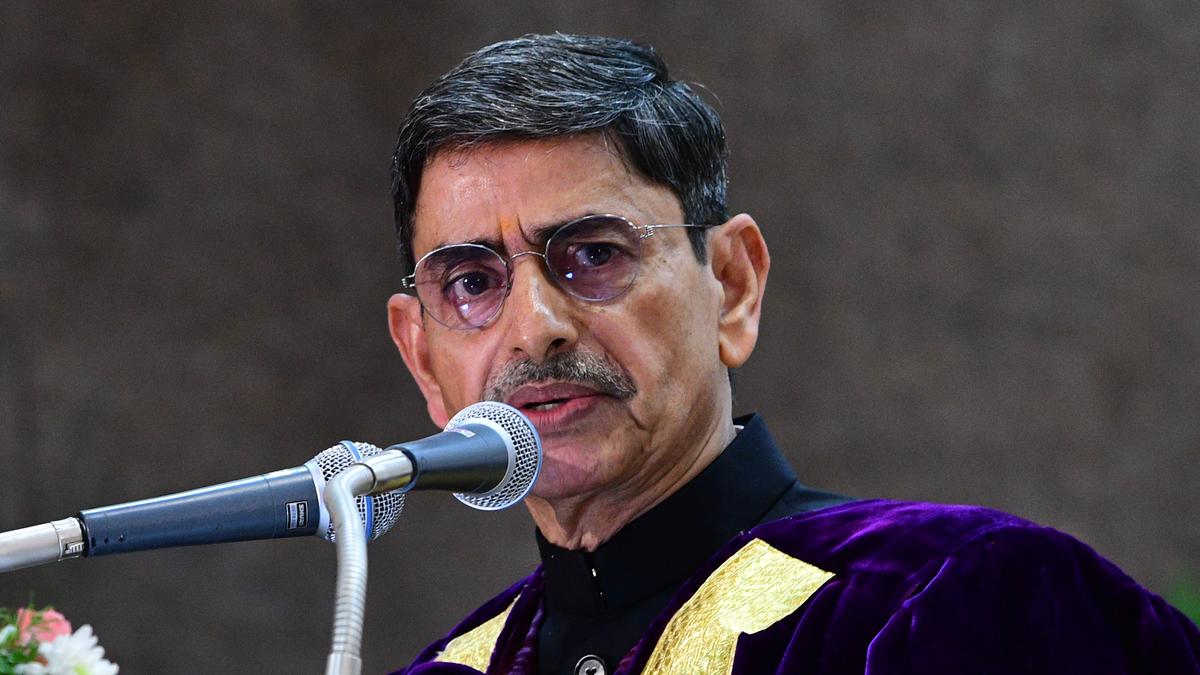
Supreme Court finds Tamil Nadu Governor’s conduct arbitrary, puts Governors on the clock
The Hindu
Supreme Court criticizes Tamil Nadu Governor for delaying crucial bills, sets time limits for future actions, emphasizing Constitutional obligations.
The Supreme Court in a judgment on Tuesday (April 8, 2025) found Tamil Nadu Governor R.N. Ravi no “friend, guide or philosopher” to the State for having sat for years on 10 crucial Bills, only to refer them to the President in a sleight of hand soon after they were repassed by the State Legislature and on learning his conduct was under judicial scrutiny.
A Bench of Justices J.B. Pardiwala and R. Mahadevan said Governor Ravi acted illegally like a “roadblock” by delaying action on the Bills sent to him for consent by the State Legislature under Article 200 of the Constitution.
Also Read: TN Government vs Governor SC judgement updates: April 8, 2025
“Once a Bill is presented to the Governor, he is under a Constitutional obligation to opt for one of the three choices — assent, withholding of assent and reservation of the Bills for consideration by the President — under Article 200. The phrase ‘as soon as possible’ permeates Article 200 with a sense of expediency and does not allow Governors to sit on Bills and exercise pocket veto over them,” Justice Pardiwala, who authored the judgment, observed.
In a significant move, the court fixed maximum time limits of one to three months for Governors to take a call on Bills.
Justice Pardiwala said Governors must be put on the clock as the Constitutional significance of Article 200 and federal polity required that their conduct answer to “determinable judicial standards”. Any failure to comply with the timelines would invite judicial review of the Governor concerned, the court warned.
Senior advocates A.M. Singhvi, Rakesh Dwivedi, P. Wilson, and advocate Sabarish Subramanian appeared for the State of Tamil Nadu. Attorney General of India R. Venkataramani appeared for the Governor’s office in the case.





















 Run 3 Space | Play Space Running Game
Run 3 Space | Play Space Running Game Traffic Jam 3D | Online Racing Game
Traffic Jam 3D | Online Racing Game Duck Hunt | Play Old Classic Game
Duck Hunt | Play Old Classic Game











